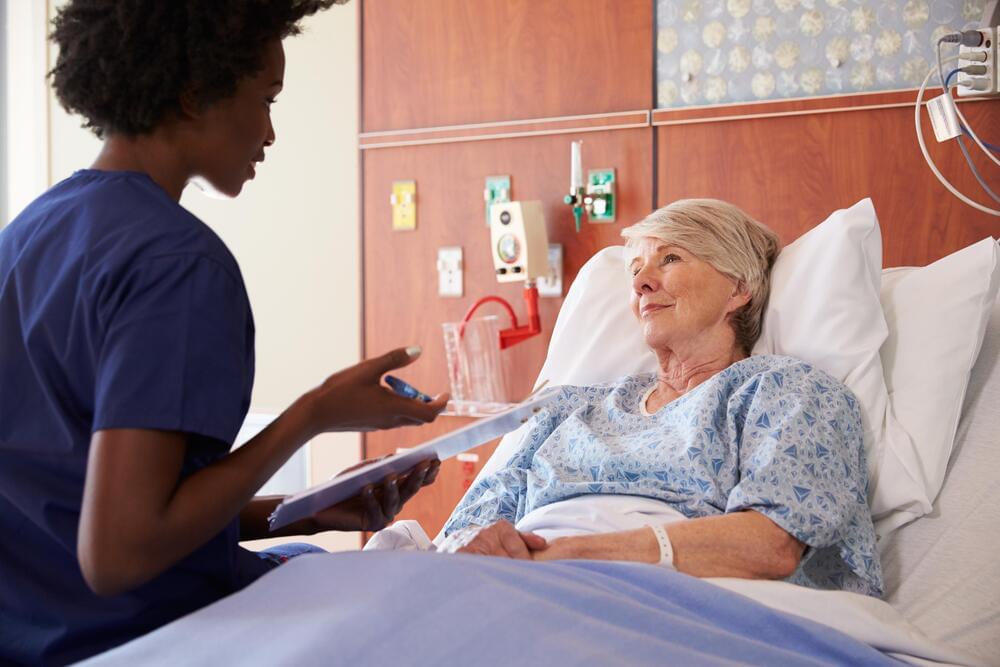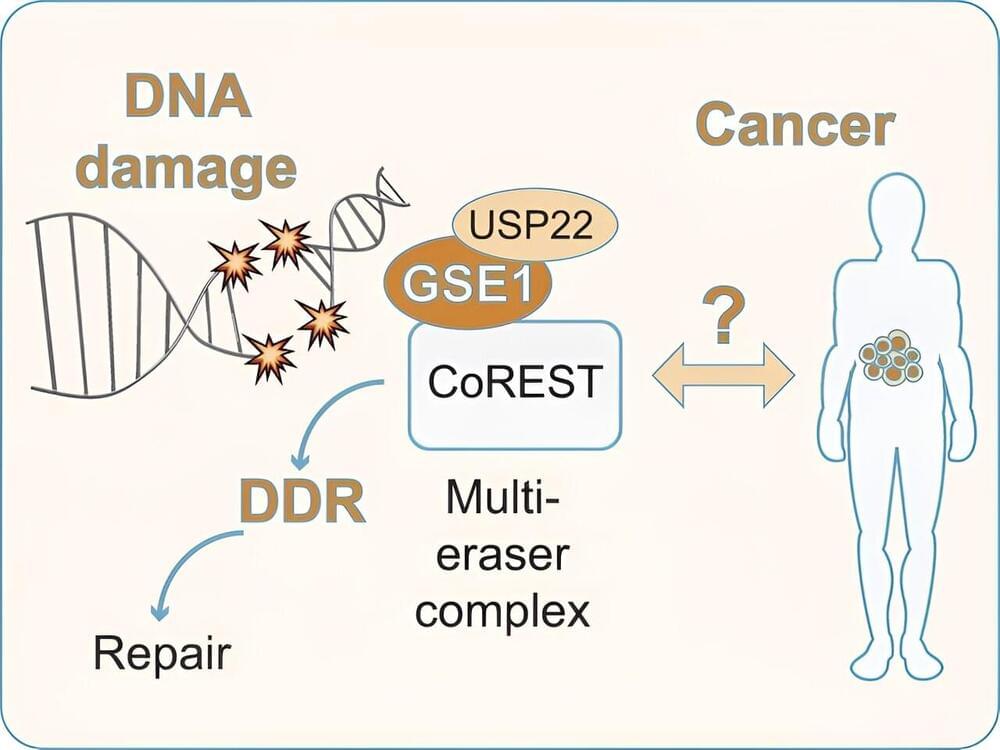FactorBioscience Announces U.S. Department of Defense Grant to Develop Gene-Edited Cell Therapies Read the latest here.
Factor Bioscience Inc. announced the award of a U.S. Department of Defense grant to develop next-generation cell therapy candidates using Factor’s patented mRNA, cell-reprogramming, and gene-editing technologies. The project will be led by Factor’s Co-Founder and Chief Technology Officer, Dr. Christopher Rohde.
Under the award, Factor will generate the first scalable cell therapy specifically targeting muscle inflammation in DMD patients. To carry out the work, Factor will utilize its extensively patented technologies for engineering cells, including methods for reprogramming and gene-editing cells using mRNA.
The award is sponsored by the Office of the Assistant Secretary of Defense for Health Affairs, through the Duchenne Muscular Dystrophy Research Program, which is endorsed by the Department of Defense. The award will fund development activities for up to five years.








